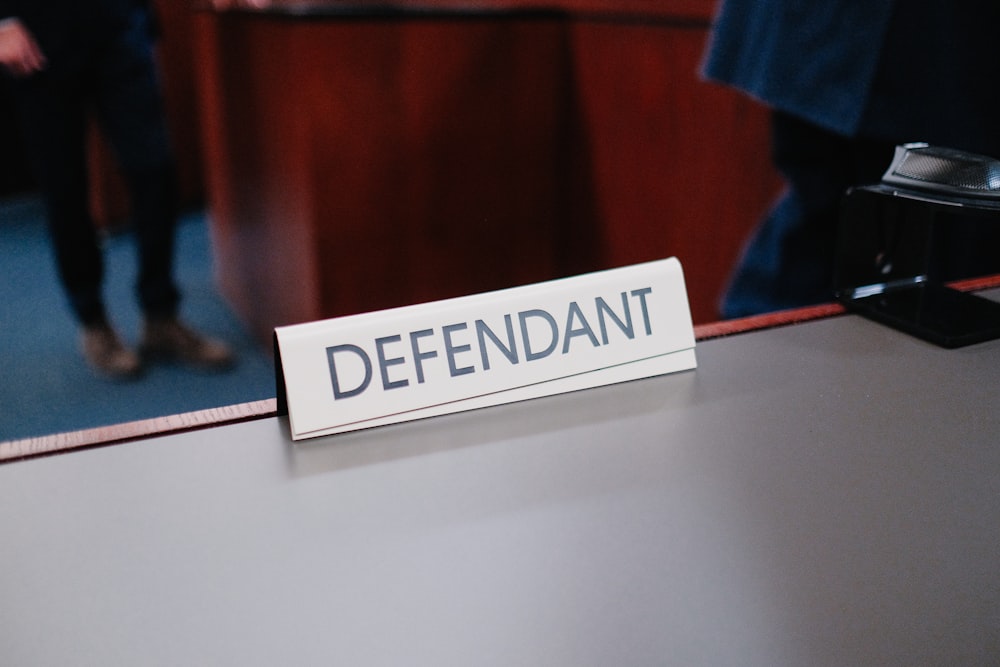
Filing a Small Claims Lawsuit Your Step-by-Step Guide
Navigating the Small Claims Process: Your Comprehensive Guide
Understanding Small Claims
Before diving into the process of filing a small claims lawsuit, it’s essential to understand what small claims court entails. Small claims court is a special court where disputes involving relatively small amounts of money can be resolved quickly and inexpensively. These disputes typically involve issues such as unpaid bills, property damage, or breaches of contract.
Assessing Your Case
The first step in filing a small claims lawsuit is to assess the merits of your case. Determine whether your dispute falls within the jurisdiction of small claims court and whether you have sufficient evidence to support your claim. Consider the amount of money you’re seeking to recover and whether it’s worth the time and effort to pursue legal action.
Researching Small Claims Procedures
Next, familiarize yourself with the specific procedures and requirements for filing a small claims lawsuit in your jurisdiction. Each state or county may have different rules and regulations governing the small claims process, so it’s essential to do your research. You can typically find this information on the website of your local courthouse or by contacting the court clerk for guidance.
Gathering Evidence
Before filing your small claims lawsuit, gather all relevant evidence to support your case. This may include contracts, invoices, receipts, photographs, or witness statements. Organize your evidence in a clear and concise manner to present your case effectively in court. Remember that the burden of proof lies with the plaintiff, so it’s crucial to provide sufficient evidence to support your claims.
Preparing Your Complaint
Once you’ve gathered your evidence, prepare your complaint or “statement of claim” outlining the details of your case. Be sure to include the names and addresses of both parties involved, a brief description of the dispute, and the amount of money you’re seeking to recover. Keep your complaint concise and to the point, focusing on the key facts relevant to your case.
Filing Your Lawsuit
With your complaint prepared, it’s time to file your small claims lawsuit with the appropriate court. Visit the courthouse in person or file electronically, depending on the procedures in your jurisdiction. Pay any required filing fees and submit your complaint to the court clerk for processing. Be sure to keep a copy of your filed complaint for your records.
Serving the Defendant
After filing your lawsuit, you’ll need to serve the defendant with a copy of the complaint and a summons to appear in court. This can typically be done via certified mail, process server, or personal delivery, depending on the rules in your jurisdiction. Be sure to follow the proper procedures for service to ensure that the defendant is properly notified of the lawsuit against them.
Preparing for Court
As the court date approaches, take the time to prepare yourself for the hearing. Review your evidence, organize your documents, and practice presenting your case. Familiarize yourself with the courtroom procedures and etiquette to ensure a smooth and successful appearance. Be prepared to answer questions from the judge and present your case confidently and convincingly.
Attending the Hearing
On the day of the hearing, arrive at the courthouse early and dress appropriately for the occasion. Bring all necessary documents and evidence with you, as well as any witnesses who can testify on your behalf. Be respectful and courteous to the judge and other parties involved in the case. Present your case clearly and concisely, and be prepared to respond to any questions or objections from the defendant.
Obtaining a Judgment
After hearing arguments from both parties, the judge will render a decision and issue a judgment in the case. If the judgment is in your favor, you may be awarded monetary damages or other relief as requested in your complaint. Be sure to follow any instructions from the court regarding the enforcement of the judgment, such as collecting payment from the defendant.
Conclusion
Filing a small claims lawsuit can be a daunting process, but with careful preparation and attention to detail, you can navigate the process successfully. By understanding the steps involved, gathering sufficient evidence, and presenting your case effectively in court, you can seek justice and resolve your dispute in a timely and efficient manner. Read more about filing a small claims lawsuit






